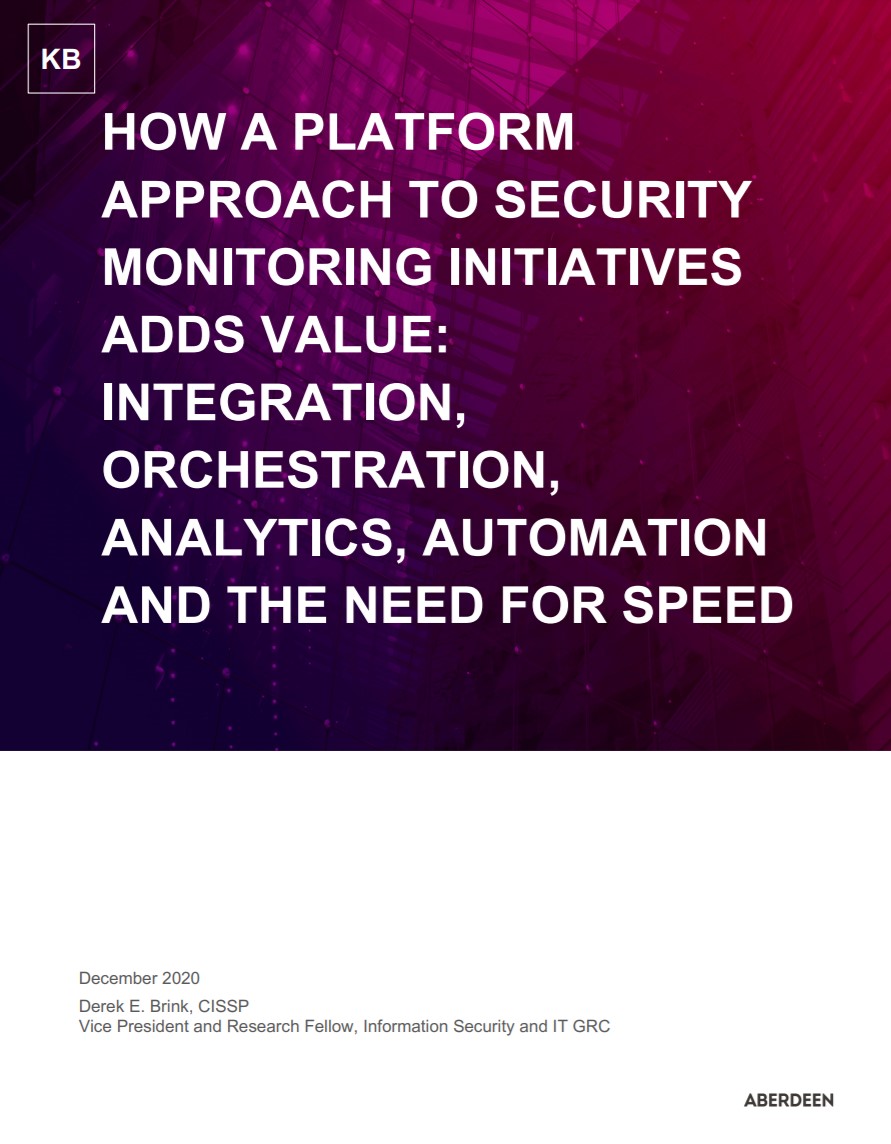Kaseya patches VSA flaws exploited in REvil ransomware attack
Three now-patched vulnerabilities centred on credential leakage, cross-site scripting and 2FA bypass


Software firm Kaseya has issued patches for three vulnerabilities that hackers used to execute a devastating ransomware attack earlier this month.
The company’s emergency update for VSA version 9.5.7a (9.5.7.2994) address three flaws tracked as CVE-2021-30116, CVE-2021-30119 and CVE-2021-30120. These concern credentials leakage and a business logic flaw, a cross-site scripting (XSS) vulnerability, and a two-factor authentication (2FA) bypass, respectively.
These have been patched now alongside four other vulnerabilities, which received patches in previous versions of the VSA software. All seven were identified by the security firm DIVD in April this year, with the two companies working to address them only for REvil ransomware operators to beat them to the punch.
The other four flaws are tracked as CVE-2021-30117, an SQL injection flaw, CVE-2021-30118, a remote code execution bug, CVE-202130121, a local file inclusion vulnerability, and CVE-2021-30201, an XML external entity vulnerability.
The hackers abused the flaws to target the cloud-based IT management and remote monitoring platform VSA, but Kaseya initially stated the attack had only affected roughly 40 on-premise customers. Because the software is used by many Managed Service Providers (MSPs), however, compromising internet-facing VSA servers served as an entry point to target their own customers, with roughly 1,500 businesses now thought to have been affected by the attack.
Other groups were also recently discovered to be launching opportunistic phishing attacks, with messages that claimed to be delivering important security updates for the VSA product. The emails warned victims they should “install the update from Microsoft to protect against ransomware as soon as possible”, according to Malwarebytes.
RELATED RESOURCE

Aberdeen Report: How a platform approach to security monitoring initiatives adds value
Integration, orchestration, analytics, automation, and the need for speed
DIVD researcher Victor Gevers wrote in the immediate aftermath of the attack that a patch for these vulnerabilities had been in development, but that the two companies were beaten to the punch at the final hurdle.
Sign up today and you will receive a free copy of our Future Focus 2025 report - the leading guidance on AI, cybersecurity and other IT challenges as per 700+ senior executives
“Once Kaseya was aware of our reported vulnerabilities, we have been in constant contact and cooperation with them. When items in our report were unclear, they asked the right questions,” he wrote. “During the entire process, Kaseya has shown that they were willing to put in the maximum effort and initiative into this case both to get this issue fixed and their customers patched.
“They showed a genuine commitment to do the right thing. Unfortunately, we were beaten by REvil in the final sprint, as they could exploit the vulnerabilities before customers could even patch.”
Former Kaseya staff, speaking with Bloomberg, however, have claimed that they warned executives of critical flaws in the firm’s products several times between 2017 and 2020, but that the company didn’t take these warnings seriously enough.
Workers complained that the firm was using old code, implementing poor encryption and failed to routinely patch the software. Reportedly, VSA was ridden with so many issues that employees wanted it replaced.
The publication claims that one employee said he was fired two weeks after sending senior leadership a 40-page briefing on security issues, while other works left after being frustrated that the focus seemed on adding new features rather than fixing basic problems.

Keumars Afifi-Sabet is a writer and editor that specialises in public sector, cyber security, and cloud computing. He first joined ITPro as a staff writer in April 2018 and eventually became its Features Editor. Although a regular contributor to other tech sites in the past, these days you will find Keumars on LiveScience, where he runs its Technology section.
-
 OpenAI's 'Skills in Codex' service aims to supercharge agent efficiency for developers
OpenAI's 'Skills in Codex' service aims to supercharge agent efficiency for developersNews The Skills in Codex service will provide users with a package of handy instructions and scripts to tweak and fine-tune agents for specific tasks.
-
 Cloud infrastructure spending hit $102.6 billion in Q3 2025
Cloud infrastructure spending hit $102.6 billion in Q3 2025News Hyperscalers are increasingly offering platform-level capabilities that support multi-model deployment and the reliable operation of AI agents
-
 Two Fortinet vulnerabilities are being exploited in the wild – patch now
Two Fortinet vulnerabilities are being exploited in the wild – patch nowNews Arctic Wolf and Rapid7 said security teams should act immediately to mitigate the Fortinet vulnerabilities
-
 Everything you need to know about Google and Apple’s emergency zero-day patches
Everything you need to know about Google and Apple’s emergency zero-day patchesNews A serious zero-day bug was spotted in Chrome systems that impacts Apple users too, forcing both companies to issue emergency patches
-
 15-year-old revealed as key player in Scattered LAPSUS$ Hunters
15-year-old revealed as key player in Scattered LAPSUS$ HuntersNews 'Rey' says he's trying to leave Scattered LAPSUS$ Hunters and is prepared to cooperate with law enforcement
-
 The Scattered Lapsus$ Hunters group is targeting Zendesk customers – here’s what you need to know
The Scattered Lapsus$ Hunters group is targeting Zendesk customers – here’s what you need to knowNews The group appears to be infecting support and help-desk personnel with remote access trojans and other forms of malware
-
 Impact of Asahi cyber attack laid bare as company confirms 1.5 million customers exposed
Impact of Asahi cyber attack laid bare as company confirms 1.5 million customers exposedNews No ransom has been paid, said president and group CEO Atsushi Katsuki, and the company is restoring its systems
-
 Security experts claim the CVE Program isn’t up to scratch anymore — inaccurate scores and lengthy delays mean the system needs updated
Security experts claim the CVE Program isn’t up to scratch anymore — inaccurate scores and lengthy delays mean the system needs updatedNews CVE data is vital in combating emerging threats, yet inaccurate ratings and lengthy wait times are placing enterprises at risk
-
 The US, UK, and Australia just imposed sanctions on a Russian cyber crime group – 'we are exposing their dark networks and going after those responsible'
The US, UK, and Australia just imposed sanctions on a Russian cyber crime group – 'we are exposing their dark networks and going after those responsible'News Media Land offers 'bulletproof' hosting services used for ransomware and DDoS attacks around the world
-
 IBM AIX users urged to patch immediately as researchers sound alarm on critical flaws
IBM AIX users urged to patch immediately as researchers sound alarm on critical flawsNews Network administrators should patch the four IBM AIX flaws as soon as possible